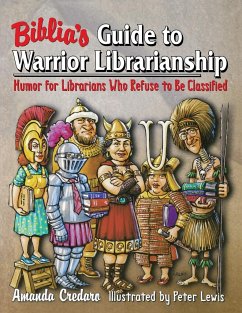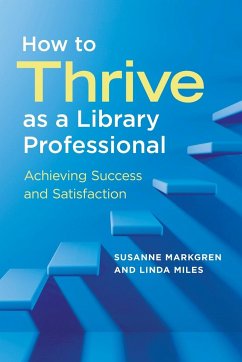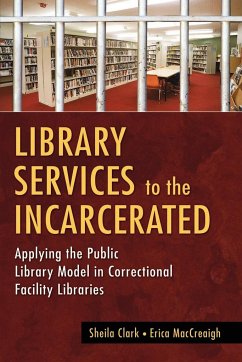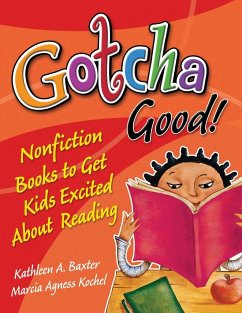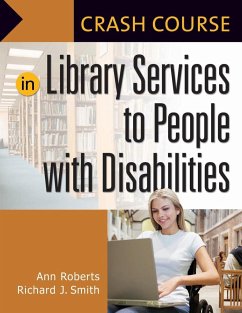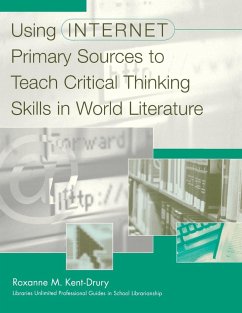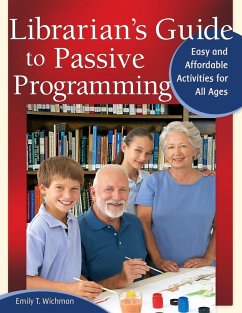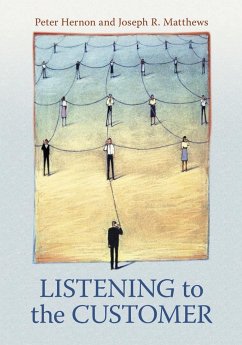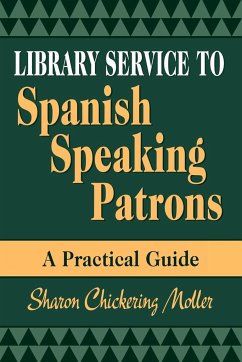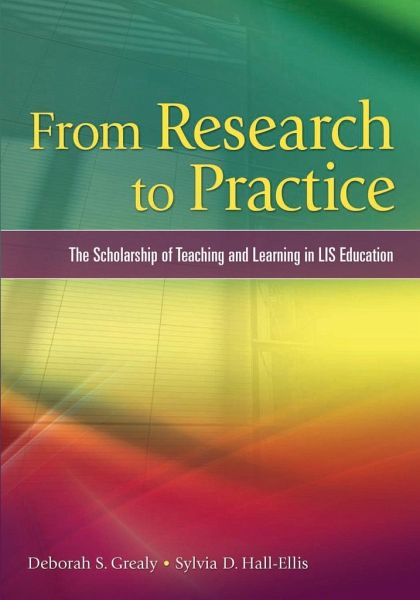
From Research to Practice
The Scholarship of Teaching and Learning in LIS Education
Versandkostenfrei!
Versandfertig in 1-2 Wochen
56,99 €
inkl. MwSt.

PAYBACK Punkte
28 °P sammeln!
New faculty members after arrive with little experience in teaching or planning for teaching. This book helps overcome that challenge. Many if not most schools of library and information science have many students seeking a second career. The information concerning teaching adult learners will be especially helpful for this age group. Different types of learning can be identified and made clear by thinking systematically about outcomes with strategies. Patterned after the matrix designed by Professor James R. Davis in his book Highly Effective Strategies, this book provides behavioral, cogniti...
New faculty members after arrive with little experience in teaching or planning for teaching. This book helps overcome that challenge. Many if not most schools of library and information science have many students seeking a second career. The information concerning teaching adult learners will be especially helpful for this age group. Different types of learning can be identified and made clear by thinking systematically about outcomes with strategies. Patterned after the matrix designed by Professor James R. Davis in his book Highly Effective Strategies, this book provides behavioral, cognitive, inquiry, mental models, group dynamics, virtual reality, and holistic strategies. Each is described and explanations are given for hiw it is most effective for developing exercises to instruct, reinforce, and assess specific types of learning. Each strategy also comes with its own appropriate measures of success. Sample materials are included to illustrate these adaptations of the Davis matrix, and materials about specific activities and course outcomes are drawn from the authors' ongoing curriculum audit. This book provides a structured platform that serves as a model for teaching and assessing student learning in applied LIS Courses. Following Davis's premise that different types of learning can be identified and made clear by thinking systematically about outcomes with strategies, including behavioral, cognitive, inquiry, mental models, group dynamics, virtual reality, and holistic. Each strategy is deemed most effective in developing exercises to instruct, reinforce, and assess specific types of learning. Each strategy comes with its own appropriate measures of success. With the ALA Committee on Accreditation Standards reflecting the need for student learning outcomes, this book provides both the introduction to this form of evaluation and provides examples of courses using this method of assessment.





